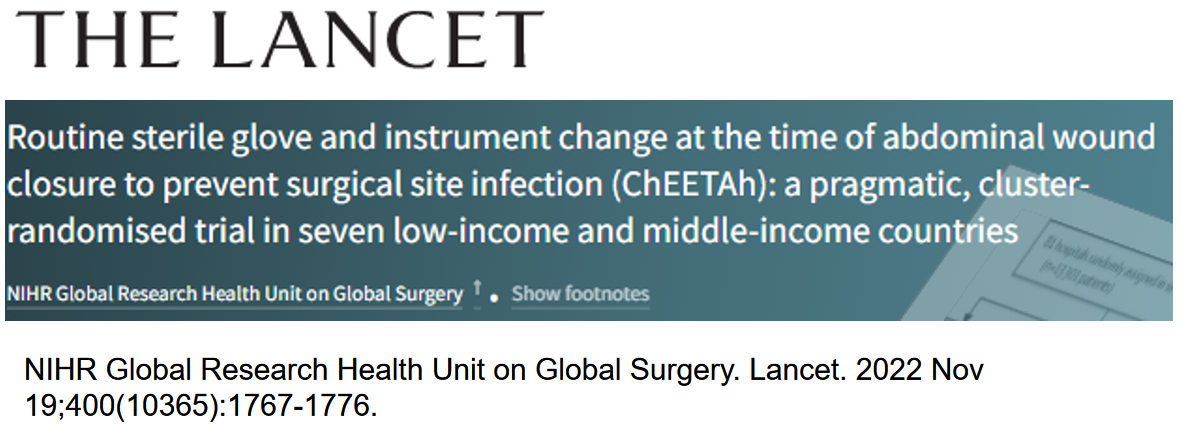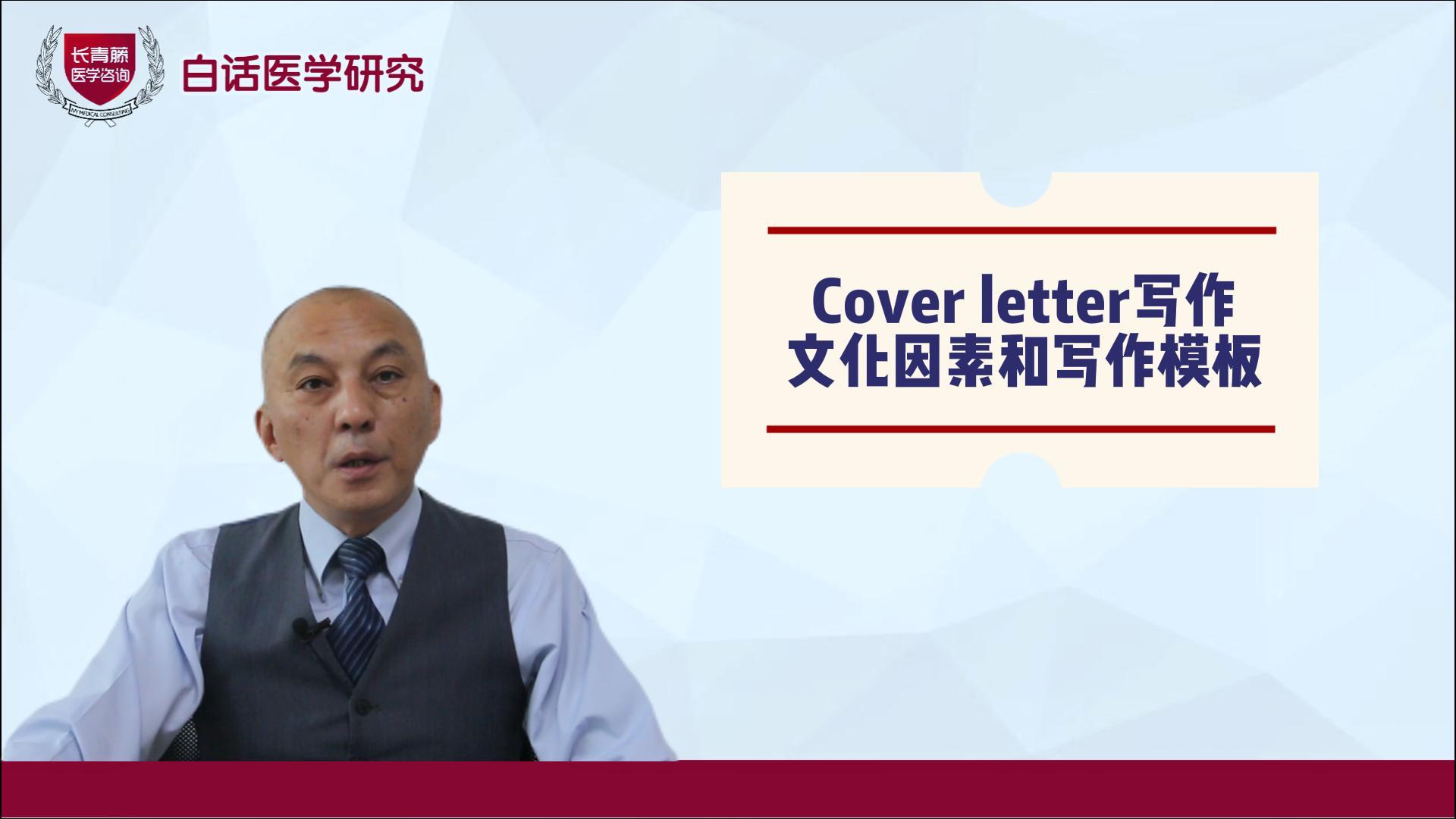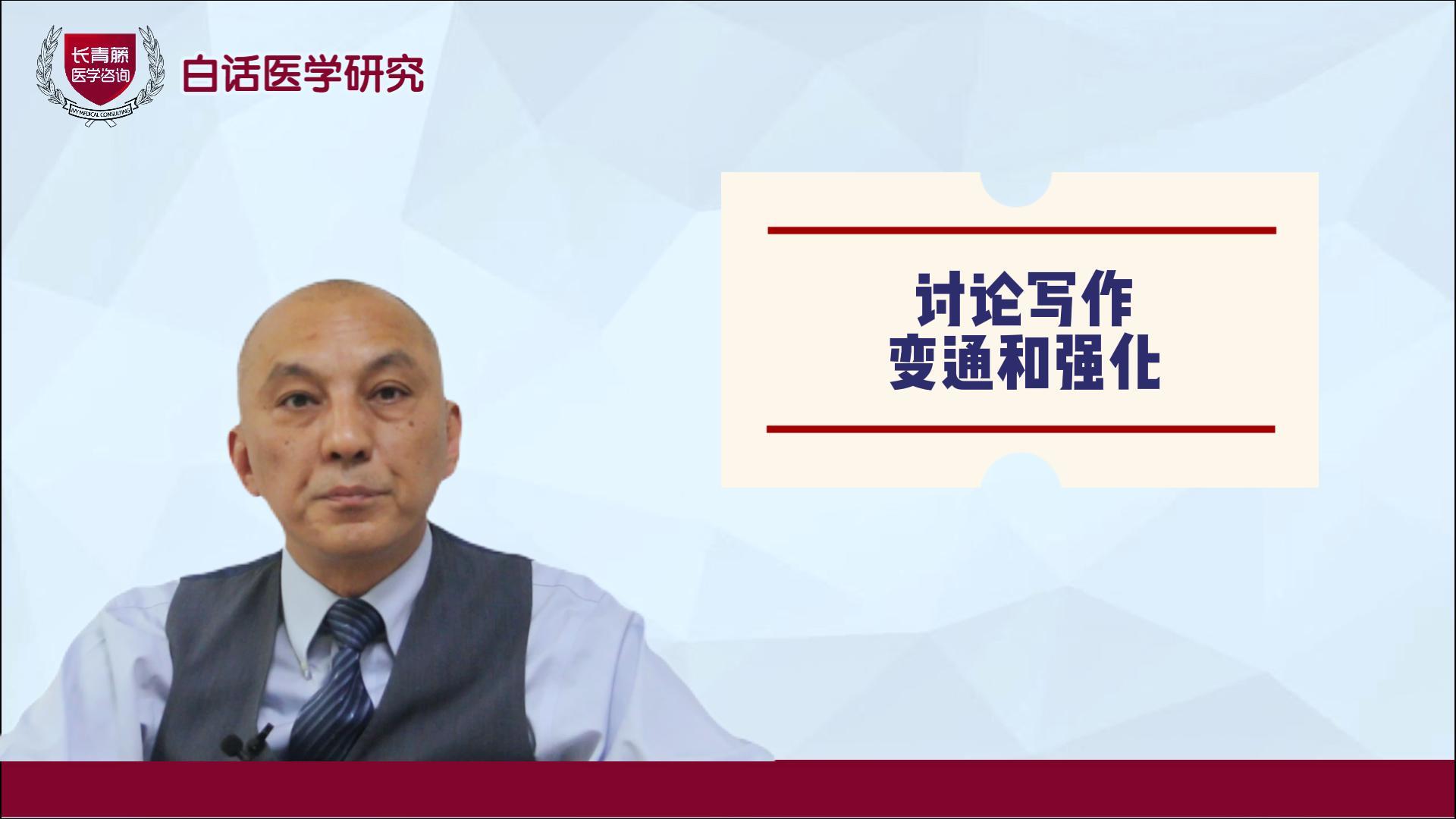2022-11-29


手术部位感染(SSI)是世界上最常见的手术并发症。由于缺乏证据,世卫组织没有就伤口闭合前更换手套和器械提出建议。本研究旨在检测伤口闭合前常规更换手套和器械是否能降低腹部SSI。
在2020年6月24日至2022年3月31日期间,随机分配了81个分组,共包括13301例连续患者(7157例为当前实践组,6144例为干预组)。总体而言,13301例患者中有11825例(88.9%)为成人,13301例患者中有6125例(46.0%)接受了选择性手术,13301例患者中有8086例(608%)接受了清洁污染手术,或13301例患者中有5215例(39.2%)接受了污染-污染手术。当前实践组的7157例患者中有58例(0.8%)更换了手套和器械,干预组的6144例患者中有6044例(98.3%)更换了手套和器械
该试验显示,在腹部伤口闭合前定期更换手套和器械有明显的好处。我们建议在世界范围内广泛应用于外科实践。
Abstract
Background: Surgical site infection (SSI) remains the most common complication of surgery around the world. WHO does not make recommendations for changing gloves and instruments before wound closure owing to a lack of evidence. This study aimed to test whether a routine change of gloves and instruments before wound closure reduced abdominal SSI.
Methods: ChEETAh was a multicentre, cluster randomised trial in seven low-income and middle-income countries (Benin, Ghana, India, Mexico, Nigeria, Rwanda, South Africa). Any hospitals (clusters) doing abdominal surgery in participating countries were eligible. Clusters were randomly assigned to current practice (42) versus intervention (39; routine change of gloves and instruments before wound closure for the whole scrub team). Consecutive adults and children undergoing emergency or elective abdominal surgery (excluding caesarean section) for a clean-contaminated, contaminated, or dirty operation within each cluster were identified and included. It was not possible to mask the site investigators, nor the outcome assessors, but patients were masked to the treatment allocation. The primary outcome was SSI within 30 days after surgery (participant-level), assessed by US Centers for Disease Control and Prevention criteria and on the basis of the intention-to-treat principle. The trial has 90% power to detect a minimum reduction in the primary outcome from 16% to 12%, requiring 12 800 participants from at least 64 clusters. The trial was registered with ClinicalTrials.gov, NCT03700749.
Findings: Between June 24, 2020 and March 31, 2022, 81 clusters were randomly assigned, which included a total of 13 301 consecutive patients (7157 to current practice and 6144 to intervention group). Overall, 11 825 (88·9%) of 13 301 patients were adults, 6125 (46·0%) of 13 301 underwent elective surgery, and 8086 (60·8%) of 13 301 underwent surgery that was clean-contaminated or 5215 (39·2%) of 13 301 underwent surgery that was contaminated-dirty. Glove and instrument change took place in 58 (0·8%) of 7157 patients in the current practice group and 6044 (98·3%) of 6144 patients in the intervention group. The SSI rate was 1280 (18·9%) of 6768 in the current practice group versus 931 (16·0%) of 5789 in the intervention group (adjusted risk ratio: 0·87, 95% CI 0·79-0·95; p=0·0032). There was no evidence to suggest heterogeneity of effect across any of the prespecified subgroup analyses. We did not anticipate or collect any specific data on serious adverse events.
Interpretation: This trial showed a robust benefit to routinely changing gloves and instruments before abdominal wound closure. We suggest that it should be widely implemented into surgical practice around the world.
Funding: National Institute for Health Research (NIHR) Clinician Scientist Award, NIHR Global Health Research Unit Grant, Mölnlycke Healthcare.
文章连接:
www.thelancet.com/journals/lancet/article/PIIS0140-6736(22)01884-0/fulltext
百度浏览 来源 : 医微客
版权声明:本网站所有注明来源“医微客”的文字、图片和音视频资料,版权均属于医微客所有,非经授权,任何媒体、网站或个人不得转载,授权转载时须注明来源:”医微客”。本网所有转载文章系出于传递更多信息之目的,且明确注明来源和作者,转载仅作观点分享,版权归原作者所有。不希望被转载的媒体或个人可与我们联系,我们将立即进行删除处理。 本站拥有对此声明的最终解释权。




发表评论
注册或登后即可发表评论
登录注册
全部评论(0)